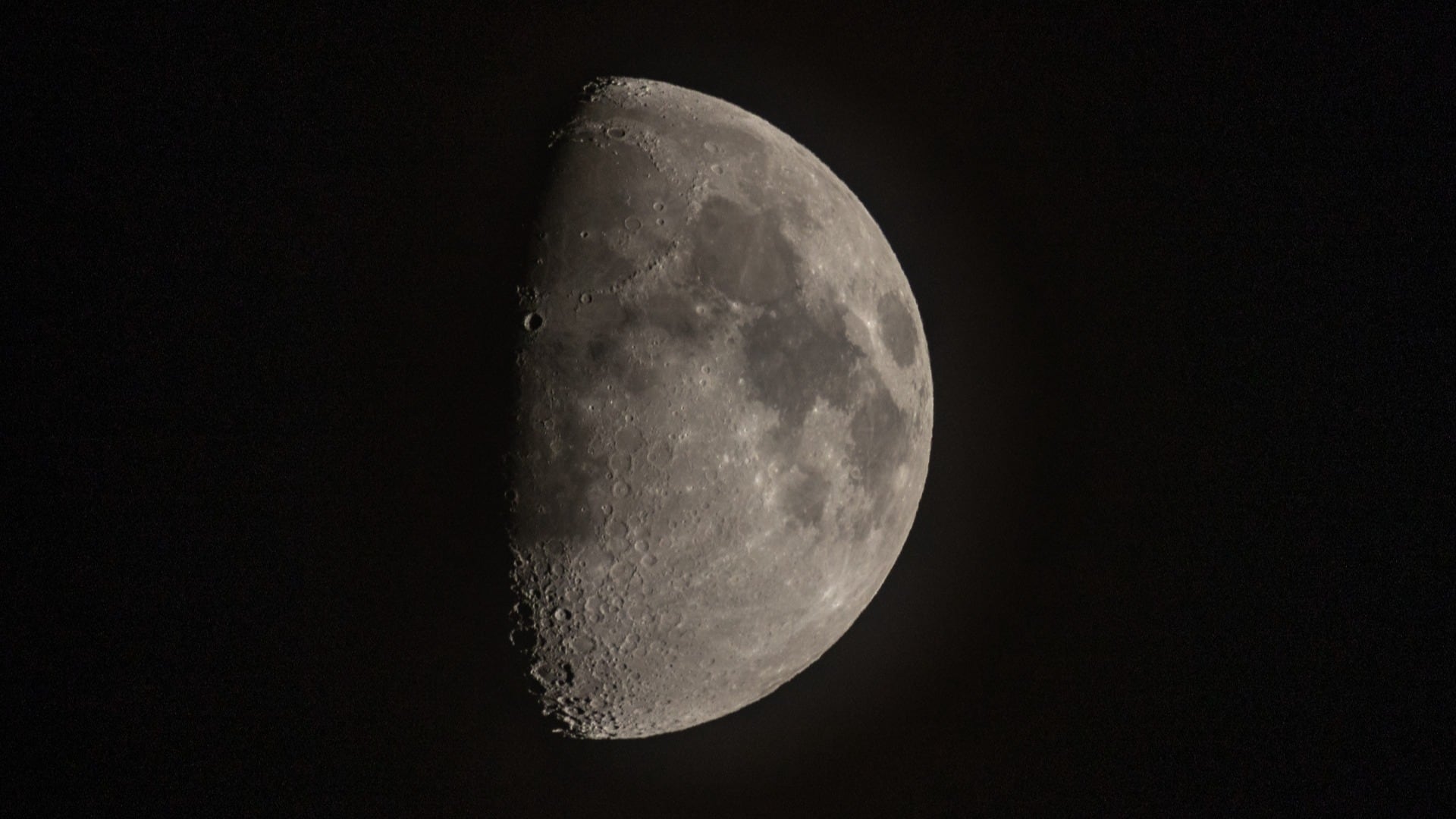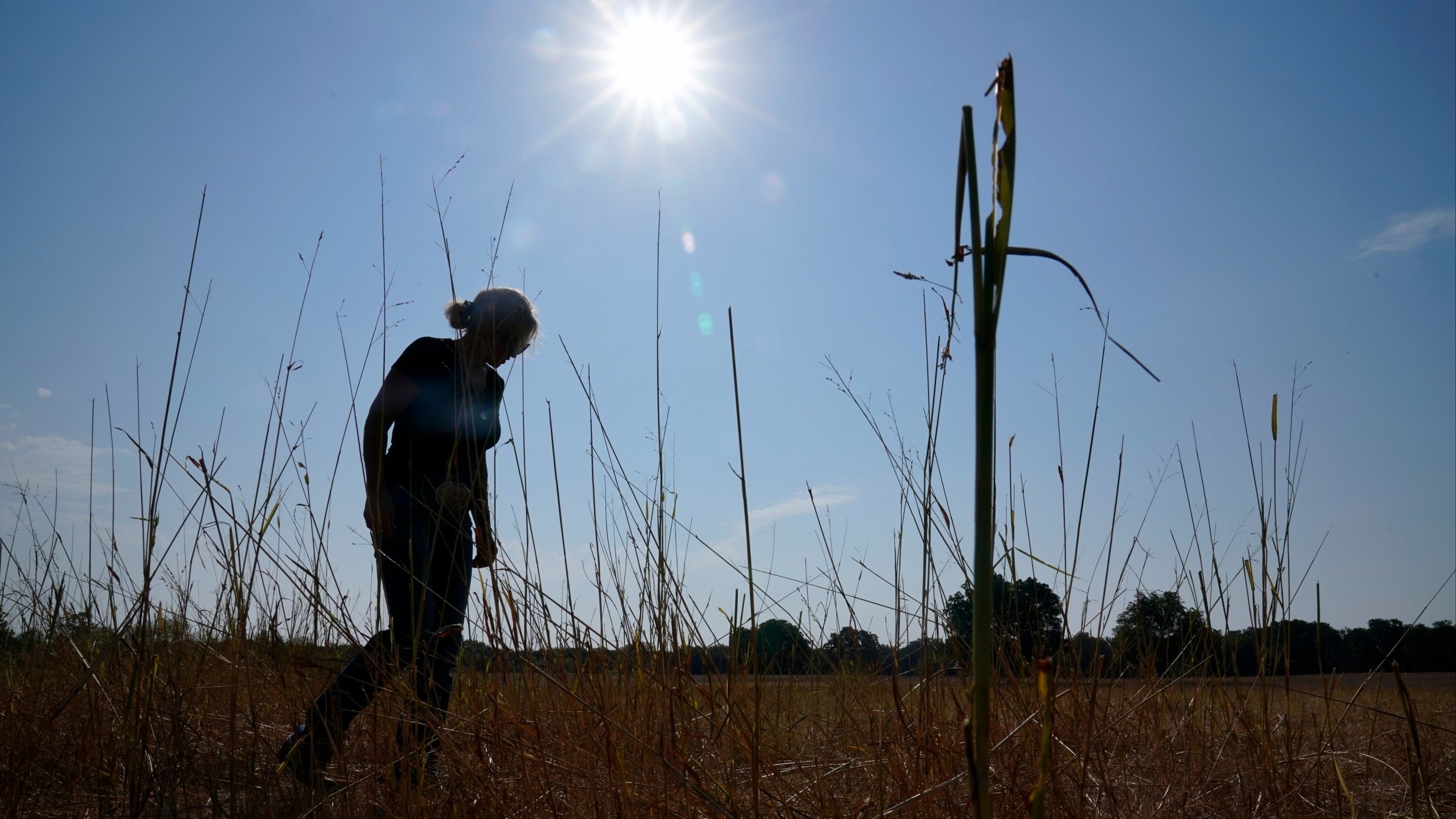*By Madison Alworth* With its latest emissions policy, the Trump administration has effectively overhauled President Obama's environmental legacy, said Earther reporter Brian Kahn. "You couple this also with the international view of dropping out of the Paris Agreement ー or at least announcing our intent to do thatーas well as what we're seeing with the Department of Interior and its attempt to lease more oil and gas drilling sites on federal land," Kahn said Tuesday in an interview on Cheddar. "Taken as a whole, these policies really signal a rapid and major change." The administration [introduced](https://www.epa.gov/newsreleases/epa-proposes-affordable-clean-energy-ace-rule) a new rule, "Affordable Clean Energy," on Tuesday, which will roll back many of the restrictions on coal emissions that President Obama put in place. The new plan allows individual states to regulate their coal plants' pollution rather than adhering to a federal standard. "The Clean Power Plan was going to reduce them by about 35 percent them by 2030, and this will lead to a 1 percent decrease over that time period," Kahn said. The new plan is largely perceived as a means to prop up the coal industry. But in a statement released Tuesday, the EPA said the rule “empowers states, promotes energy independence, and facilitates economic growth and job creation.” "We are putting our great coal miners back to work," President Trump said during a rally in West Virginia on Tuesday night. If the plan is enacted, Kahn said the results may be disastrous. "So, we are going to see more carbon emissions. More importantly than that, we'll also see a lot of pollution," he said. "That will have very adverse impacts on the American public." The administration's plan will move to an open, public comment period before it will need final approval from the president. For full interview [click here] (https://cheddar.com/videos/trump-administration-announces-new-emission-policy).











